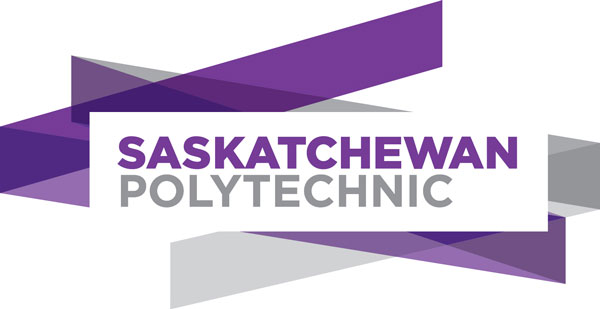The transition to the new world of education in the wake of the COVID-19 pandemic has been fairly seamless for students in Saskatchewan Polytechnic campuses across the province, including Prince Albert.
Sask. Polytech said online delivery already existed at their institution, but because of COVID-19 now more than 90 percent of programs being offered through online or other remote methods.
“It’s been really successful and I am proud of the organization and the way it has responded. Necessity is the mother of invention and the necessity of operating differently gives our organization an opportunity to understand actually what we can do and that has been very rewarding as well,” said Dr. Larry Rosia, president and CEO Saskatchewan Polytechnic.
Rosia explained that the transition has gone well and the institution is following the recommendations of Chief Medical Officer Shahib Shahab and Minister of Advanced Education Tina Beaudry-Mellor.
“At the start of all this if someone had said what are you going to do and this is the timeframe we are going to do it in we would have all been in shock but I am really proud of the organization and the way everyone has, in all aspects of our organization, stepped up and responded to the crisis,” he said.
According to Rosia, many courses were already blended so they were already incorporating both online and face-to-face prior to the COVID-19 pandemic.
“It was sort of a way that we were teaching using online and face-to-face and we call that a blended approach and we had a large number of our courses that offered online components prior to the pandemic. So the transition for some of the programs to go online to remote learning was very smooth,”
The Saskatchewan Polytechnic campuses service 28,000 learners through their college and continuing education programs.
“We have to continue helping them and make sure that they can progress through their programs and be successful coming out of it the other way,” Rosia explained.
He explained that they are providing ways to learn, including getting assignments and final grades, through innovative approaches.
“The difference between a polytechnic and a university is, of course, our applied hands-on learning component which adds another dimension to that. And our faculty have been very creative in ways to teach remotely whether it is remote demonstrations through a video feed or through Zoom, we have used Zoom quite a bit with assignments done at home and then demonstrations back to the instructor. That is an example of one of the innovative ways.”
In the Culinary Arts Program, for example, the students are able to demonstrate skills remotely through video to their instructors. As well, according to Rosia, The School of Business already had most of their courses online and the format was already part of the learning so the transition was simple.
He explained that the trades programs were an example of a program that had to be postponed. The school contains theory and some lab delivery, so the theory was easily transitioned.
“And a few of our programs have been postponed for some of the classes until the restrictions are lifted. But as I said, we have managed to get about 90 per cent of our programs offered through some alternate delivery methodology,” he said.
“That will be something that the Apprenticeship Commission and ourselves would think that through when this is lifted and get those individuals back in the classroom so they can finish off their training.”
They also have courses delivered through D2L, a platform that exists in the institution and some faculty are using video feeds to hold classes. Classes are typically 15 or more people in size with some as large as 30.
“I know many instructors are spending many hours working individually with students through email and chat sessions to help them get through their programs and make sure that they are successful and then being really creative in the way we deal with our final exams,” Rosia said
Some exams are being handled through assignments or projects being submitted or through open book exams.
“You can have a properly designed open book exam can be just as effective as a closed book,” Rosia said.


